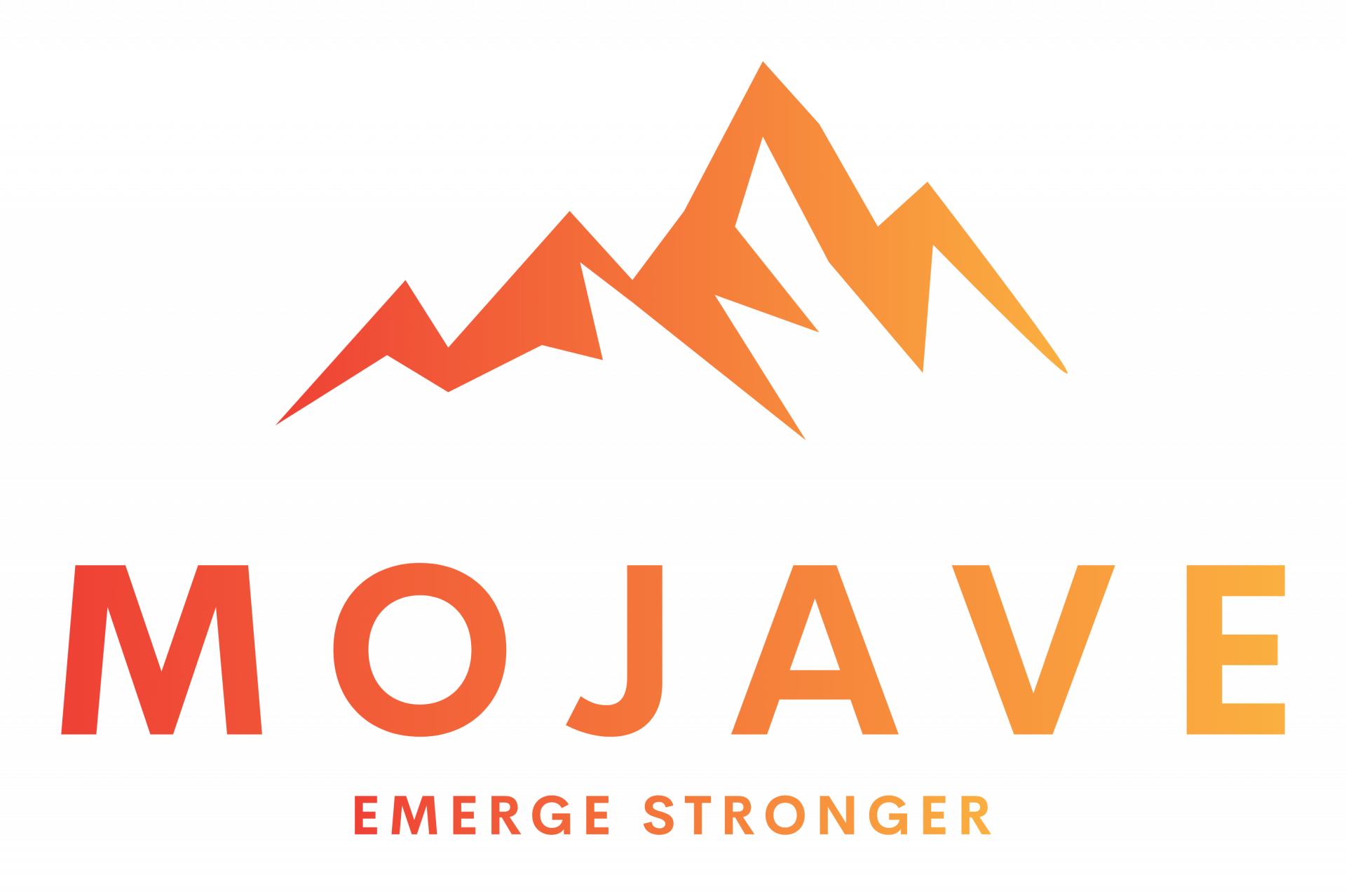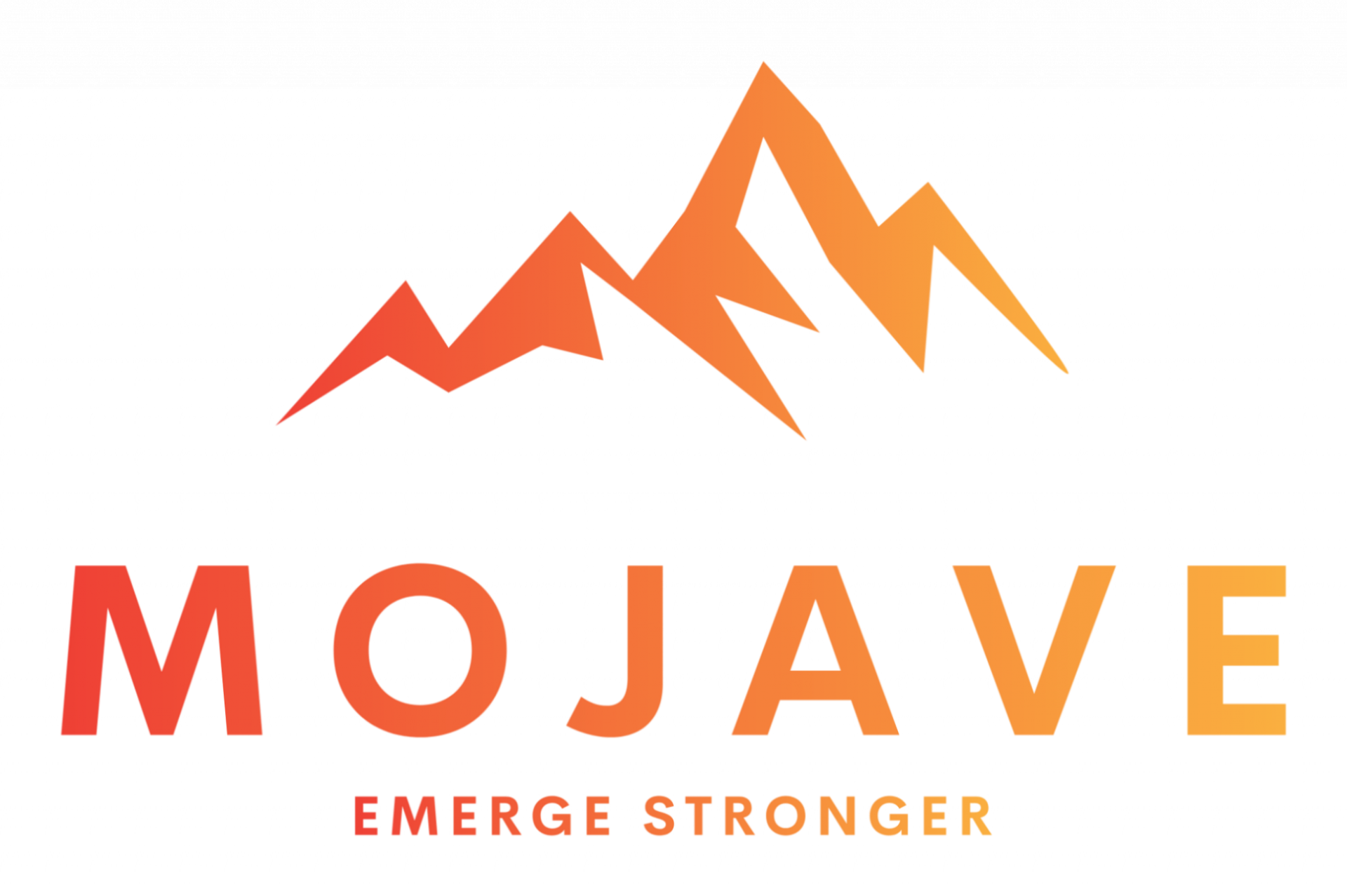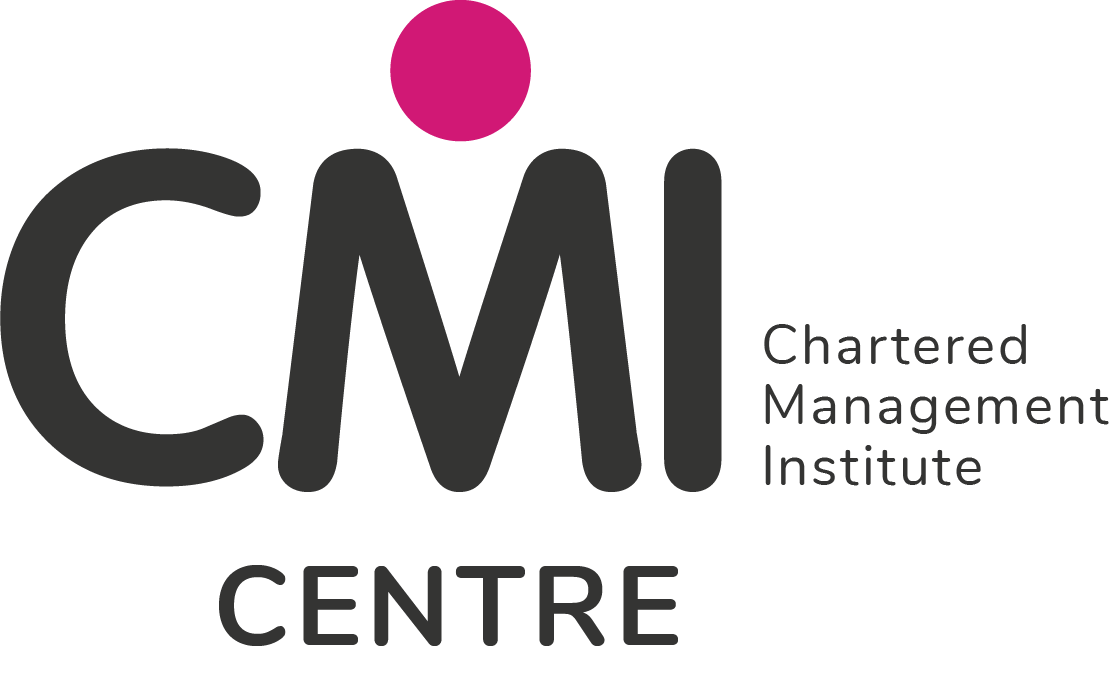What is the relationship between leadership & management?
Oct 9
/
Nick O'Sullivan
Recently I saw again the line that we, "Manage things and lead people". This has never felt right to me. From my earliest experiences with teams, my teams (and I) liked to be well managed in addition to being well led.
"On reflecting on it, how about this... Leadership is about emotion, management is about action."
When it comes to leadership, words commonly associated with it are things like:
🔶 Inspire
🔶 Motivate
🔶 Excite
🔶 Encourage
The aim of leadership is to generate the will to commit to completing a task or tasks.
Management is more about action, how people do the tasks set them. It's more about:
🔷 Resources for completion of the task
🔷 Time
🔷 Skill sets
🔷 Processes and systems
Both are vital. Great management with no leadership is likely to mean people don't like change or handle it well ('Why do we need to change? Why should we change?'), and as we all know, change is a constant. Conversely great leadership with no management means we all get fired up but that enthusiasm rapidly wanes as the daily frictions of completing the task become a lived reality.
We all have an ability in both. We're usually stronger in one than the other. That's no bad thing at all, because when we bring the right people together in the right way we form a team that is great at both.
There is almost an overwhelming and seemingly never ending flood of literature out there on leadership. Eventually this started to cause some frustration for me as there was lots of stuff about nebulous things like trust and empathy (which are indeed vital), but very little about the practical levers we have available to use to actually generate those things. And for much of the time, these practical levers are in the ‘how’.
They hide in the day to day management of those we lead.
For example:
Meeting agendas.
These are powerful tools in the hands of conscious leaders. Have a team member who is brilliant and insightful but reserved and nervous to speak in front of others? Allocate them an item for them to own on the meeting agenda. They then have to speak up in a meeting, you have empowered them with the authority to do so and, as leader, can ensure others give them space and listen to what they say. The perfect conditions perhaps for coaching that person to be more confident in their ability and place on the team.
An agenda can be just as powerful a tool to help you contain domineering people who don’t let others speak up or intimidate them in a way that deters them.
Reports.
Not getting the information you need to inform effective and timely decisions? You and your team keep getting fast balls as a result? Team getting tired and frustrated at lurching from pillar to post?
Think about setting out the information you need and ensuring a report is generated in a sufficient timeframe to enable you to make the effective and timely decisions your team need.
Reports should not be annoying, pointless bureaucracy (if they are nothing but that, you should probably cease to produce the report – just check no one else uses it first). Well considered and targeted reports have the effect of enabling effective management of the team so that leading it becomes easier because credibility and trust is enhanced.
Policy.
People will do whatever the policy says they should do. ISO standards, something many organisations use to indicate professionalism, are largely about following the policy of an organisation. So if our policies do not drive positive behaviours we have a problem.
The problem can get worse if leaders say one thing but don’t ensure the policies of the organisation support that. People can find themselves being berated by leaders for not doing what they say because the policy they are audited against tells them to do something different. You can probably imagine what this kind of scenario does for leadership considerations like trust and empathy.
As leaders, we overlook managing our policies at our peril.
Strategy.
More one for senior leaders this one, but a strategy should guide every decision at every level of your business (if yours doesn’t, get in touch). Each part of your organisation should know what their role in delivering the strategy is.
Doing so will help them understand what is required of them and remove the levels of uncertainty and resulting stress that leaders elsewhere in the organisation would otherwise have to deal with. It also ensures that they understand what the organisation is trying to achieve and why – critical for high levels of motivation.
If you feel you’re getting a little more frustrated about all the content on leadership, without that being supported by the management knowledge as to how effective leadership can be achieved, then sign up to our newsletter, follow our page, listen to our Emerge Stronger podcast or simply get in touch. We’ve been on that journey and we’re here to help.


Please contact me!
Please get in touch with more information about the Mojave Strategy Expedition Programme, and show me how my organisation can emerge stronger.
Thank you!
Karen Goldring FCIPD
Karen had an extensive and hugely successful career in strategic HR before becoming a leadership coach. From rapid growth SMEs to large global corporates, Karen has gained immensely valuable insights and a thorough understanding of what it takes to make people and their teams high performing. She has particular experience working within fast paced tech companies.
A qualified Insights Practitioner - one of the leadership models we wholly rate here at Mojave due to its pragmatism and relevance to lived experience - Karen offers teams and their members the ability to really understand themselves and each other. From the informed start point that results from the Insights process, Karen will work with you to identify the objectives that matter most to you and your organisation, and ensure you get there.
Click below to learn more about Karen and whether she’s the right kind of coach for you..
Piers Mummery
He has
built, grown, sold, bought funded and capitalised a whole range of businesses,
and he’s learned loads in the process. One of the things he’s learned is
that he loves helping others do the same.
As he says on his website, there are no magic answers, but applying a few basic fundamentals well, consistently and in the right way for you and your business is key. And it’s that acknowledgement that the right way will vary for each of us that means we are proud to work with Piers as a coach who is totally aligned with our own values and philosophy.
As he says on his website, there are no magic answers, but applying a few basic fundamentals well, consistently and in the right way for you and your business is key. And it’s that acknowledgement that the right way will vary for each of us that means we are proud to work with Piers as a coach who is totally aligned with our own values and philosophy.
Click below to learn more about Piers and whether he’s the right kind of coach for you..
Rachel Smith
Formerly an architect, Rachel herself began to realise that she could process and articulate her own ideas far more effectively through visuals. What began as a process to enable her to be more effective in her own career soon evolved into a process that could help others exceed in theirs.
As an accredited executive coach and visual thinking teacher, Rachel’s incredible skills enable her to draw the thoughts and ideas her clients articulate. Being able to ‘see what you say’ as you work through each session can be incredibly powerful in enabling you to identify new connections or blockers that can otherwise remain hidden.
Click below to learn more about Rachel and whether she’s the right kind of coach for you..
Write your awesome label here.
Notify me!
When the next series of Leading People online workshop dates are released.
Thank you!
Leading Operations
Thank you!
Write your awesome label here.



